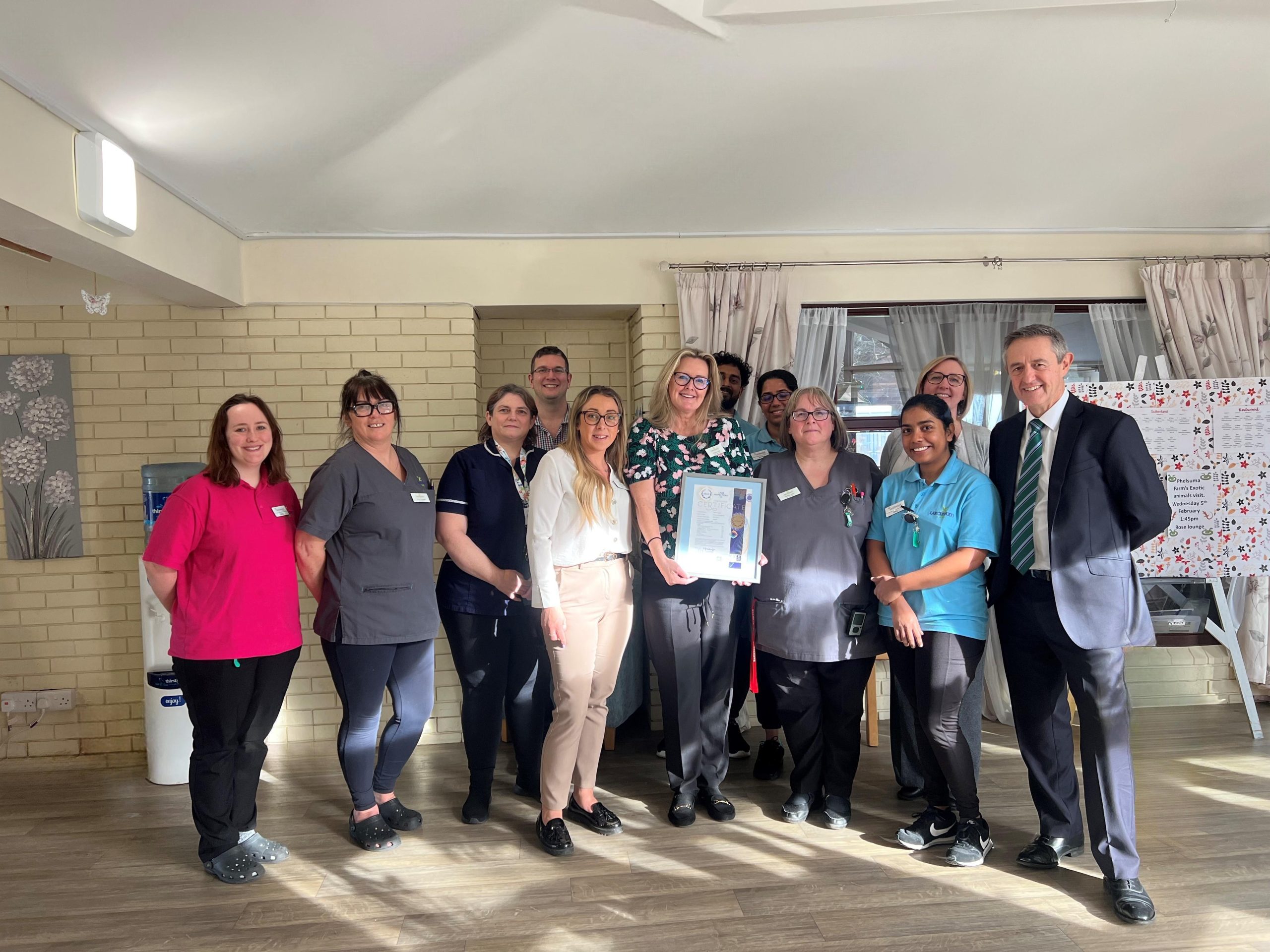 Healthcare Management Solutions Chief Executive Tony Stein discusses common misconceptions of the CQC.
Healthcare Management Solutions Chief Executive Tony Stein discusses common misconceptions of the CQC.
I’ve been involved in the care sector for over 19 years now and have run my own care companies for some 12 years. As a director of a company, I accept that I have certain responsibilities and I’m not simply talking of the fiduciary duties placed upon me by virtue of the Companies Act. By choosing to earn a living through providing care to vulnerable individuals my responsibilities are much wider than the Companies Act can ever hope to define.
I find it odd, therefore, when I read in the press that where care home residents have suffered abuse or where unexpected deaths have occurred in hospitals, there is an immediate cry that the CQC have in some way failed and that they are directly responsible. Surely it is the management of the services that have failed?
The CQC exists to provide a check on the performance of poor service providers. It also exists to try, as far as is possible, to ensure that persons that are clearly unfit are prevented from operating services through a system of checks and registration. So far as I can see, it is at the very least misguided to see the CQC as being responsible for the quality of the services being delivered in every home, hospital, GP and dentist surgery across the country.
My question then is why the mismatch in our expectations? Setting aside the rather challenging blame culture, where someone has to be found at fault for everything that goes wrong, what can we genuinely expect of a regulator, and in particular one that operates in such an important and emotive sector such as healthcare?
The point that I raise is this; is it the responsibility of the regulator to ensure quality in all healthcare services across England? If it is, then how far do we go? Should we expect them to be able to guarantee compliance with Regulation and adherence to the Essential Standards of Quality and Safety? This seems to me a very big ask of anybody, given that many operators with much smaller client numbers and a tighter geography cannot guarantee compliance in their own homes on any single day. If we genuinely expect perfection from the Regulator in this respect then we are seriously under-resourcing them in my view. If the CQC are the police of the care sector then why don’t we treat them in a similar way? After all, do we blame the police for every burglary, mugging, murder or drugs deal that takes place? The answer is no we don’t, but we do expect them to bring the miscreants to book.
If we accept that we can’t expect perfection, then why is it we can’t seem to take a proportionate view of their success and failures? My own experience of CSCI and now the CQC is that in the 12+ years that I’ve been involved in the care sector, standards have improved immeasurably. Many poor operators that needed to be weeded out have been, and many homes that were unfit for purpose are now closed. There is still much work to be done and to some extent that will always be the case when quality standards are constantly improving – what was considered compliant and acceptable last year may not meet with approval today.
Care home owners/shareholders/directors and management I believe, own the responsibility for safety and compliance. If the organisation cannot afford to operate a quality monitoring function or to employ a third party to provide that service, then frankly they shouldn’t be in the care business.
Investors and funders need to ensure that the businesses that they invest in have robust quality monitoring systems in place or be prepared to pay the penalty. There is only going to be so long that blame can be deflected onto the CQC. If banks that lend into the sector see that their investments are much better protected with a robust, independent, quality monitoring system in place then this will prove to be by far the most effective driver of improvement in standards for the sector.
Tony Stein Chief Executive
Healthcare Management Solutions



